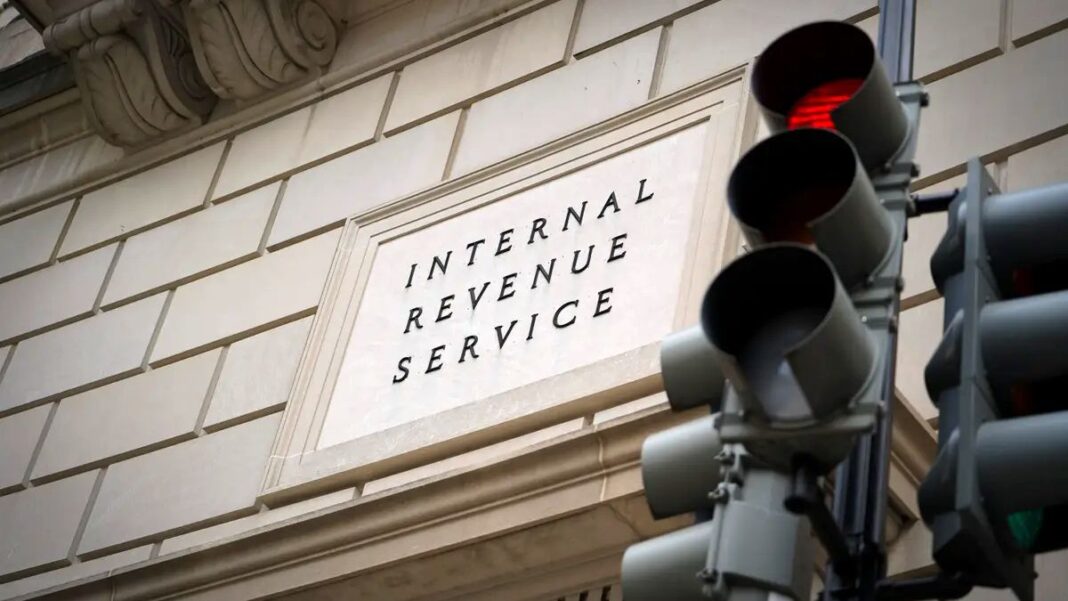Lawmakers have revived efforts to make daylight saving time permanent, clashing with sleep experts who advocate for standard time for improved health.
A bipartisan group of senators, led by Sen. Rick Scott (R-Fla.), has reintroduced legislation to make daylight saving time permanent year-round. The proposal is opposed by a coalition of sleep medicine organizations, which advocate for “locking the clock” but in standard time mode.
The legislation, called the Sunshine Protection Act, was unanimously passed in the Senate in 2022 during the 117th Congress but it stalled in the House. Now, Scott and 15 other senators have re-introduced the bill, describing it as a common-sense approach that will simplify the lives of U.S. households, citing President-elect Donald Trump’s backing for an end to the practice of twice-yearly clock changes.
“I hear from Americans constantly that they are sick and tired of changing their clocks twice a year – it’s an unnecessary, decades-old practice that’s more of an annoyance to families than benefit to them,” Scott said in a Jan. 8 statement. “I’m excited to have President Trump back in the White House and fully on board to LOCK THE CLOCK so we can get this good bill passed and make this common-sense change that will simplify and benefit the lives of American families.”
While Trump has advocated for locking the clock, it’s unclear whether the president-elect is in favor of making daylight saving time or standard time permanent. In March 2019, he said he was fine with making daylight saving time permanent. In December 2024, he called for the elimination of daylight saving time, suggesting it’s standard time that he backs, a position aligned with several medical organizations.
The legislation proposed by Scott and the others would establish permanent daylight saving time, meaning clocks would no longer be turned back in the fall, resulting in later sunrises and sunsets throughout the winter. Current federal law allows states to exempt themselves from observing daylight saving time, with Arizona and Hawaii observing year-round standard time, resulting in more morning daylight in the winter months.
Advocates for permanent daylight saving time argue it would eliminate the need to turn clocks back in the fall and provide extended sunlight in the evening, offering more opportunities for outdoor activities.
By Tom Ozimek






